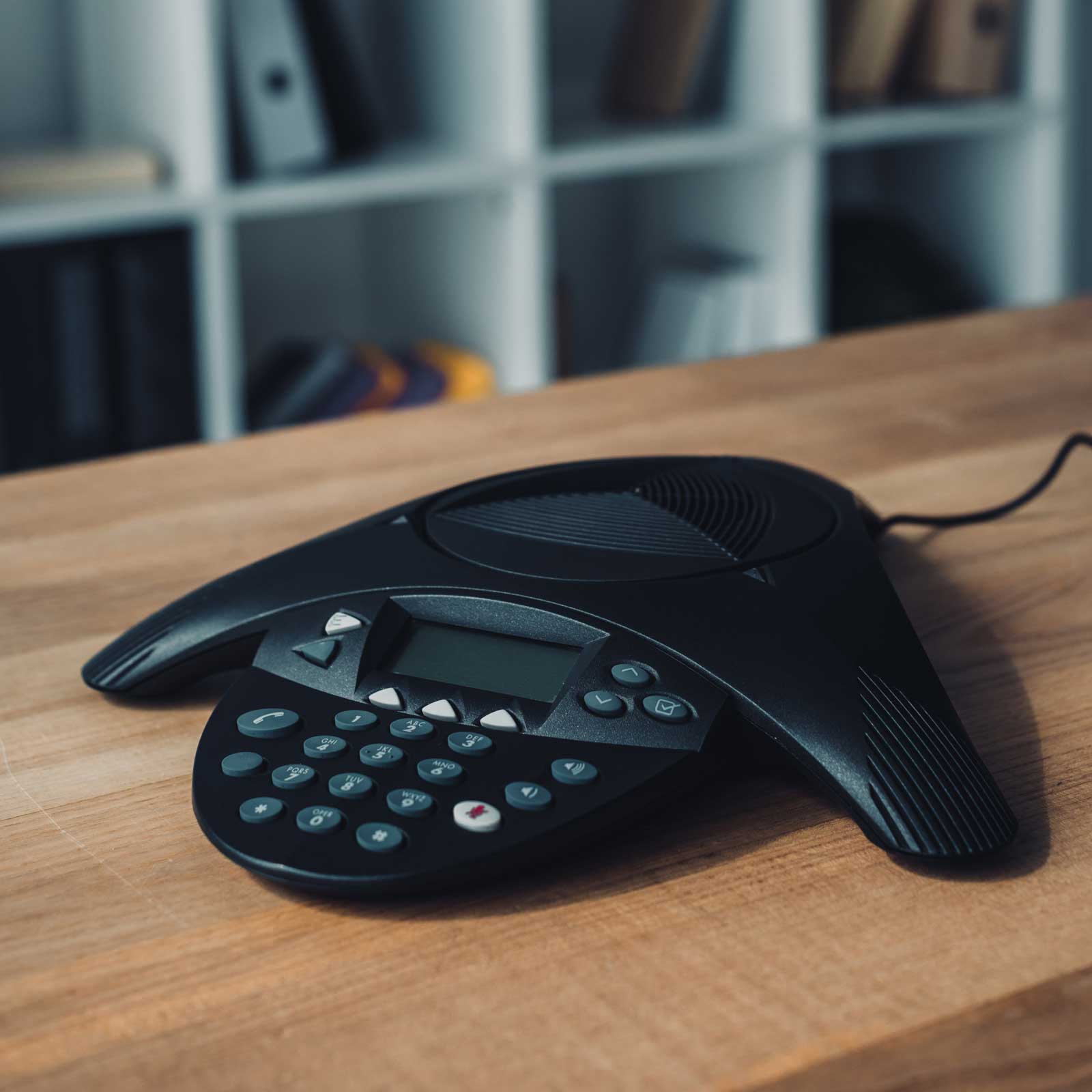What is VoIP?
Voice over Internet Protocol (VoIP) is a communication technology that allows voice calls to be made over the internet instead of traditional telephone lines. It digitizes analog voice signals into data packets, transmitting them over IP networks. VoIP offers numerous advantages, including cost savings, scalability, flexibility, and a wide range of features such as video conferencing and voicemail-to-email. It has revolutionized communication for businesses and individuals by providing efficient and reliable voice services globally. However, VoIP is dependent on internet connectivity, requiring a stable connection for optimal performance, and may be susceptible to security risks like hacking and eavesdropping.
How VoIP Works?
VoIP, or Voice over Internet Protocol, works by converting analog voice signals into digital data packets. These packets are transmitted over the internet using IP networks. At the receiving end, the digital packets are reassembled back into voice signals, allowing for real-time communication. VoIP utilizes codecs to compress and decompress audio data for efficient transmission. This technology enables cost-effective and versatile voice communication, often surpassing traditional telephone systems in flexibility and features.

Key features and components of VoIP
Codec
VoIP codecs are algorithms that compress and decompress audio data for efficient transmission over IP networks. They ensure high-quality voice communication while minimizing bandwidth usage for optimal performance.
Protocols
VoIP protocols, such as Session Initiation Protocol (SIP) and Real-time Transport Protocol (RTP), are used to establish, manage, and terminate voice calls over IP networks. These protocols handle tasks such as call setup, signaling, and media transmission.
Quality of Service (QoS)
VoIP relies on QoS mechanisms to prioritize voice traffic and ensure high-quality audio transmission. QoS techniques such as packet prioritization, traffic shaping, and bandwidth reservation help minimize latency, jitter, and packet loss.
VoIP Phones
VoIP phones, also known as IP phones, are specialized devices that connect to IP networks and enable users to make and receive VoIP calls. These phones may be physical devices with built-in VoIP capabilities or software-based applications running on computers or mobile devices.
Softswitches & Gateways
VoIP softswitches act as central call control servers, managing call routing and signaling in IP-based networks. Gateways bridge the gap between VoIP and traditional telephony systems, facilitating seamless communication between different networks.
Unified Communications
VoIP is often integrated with other communication and collaboration tools as part of unified communications (UC) solutions. These solutions may include features such as video conferencing, instant messaging, presence, and voicemail, all accessible through a single platform.
